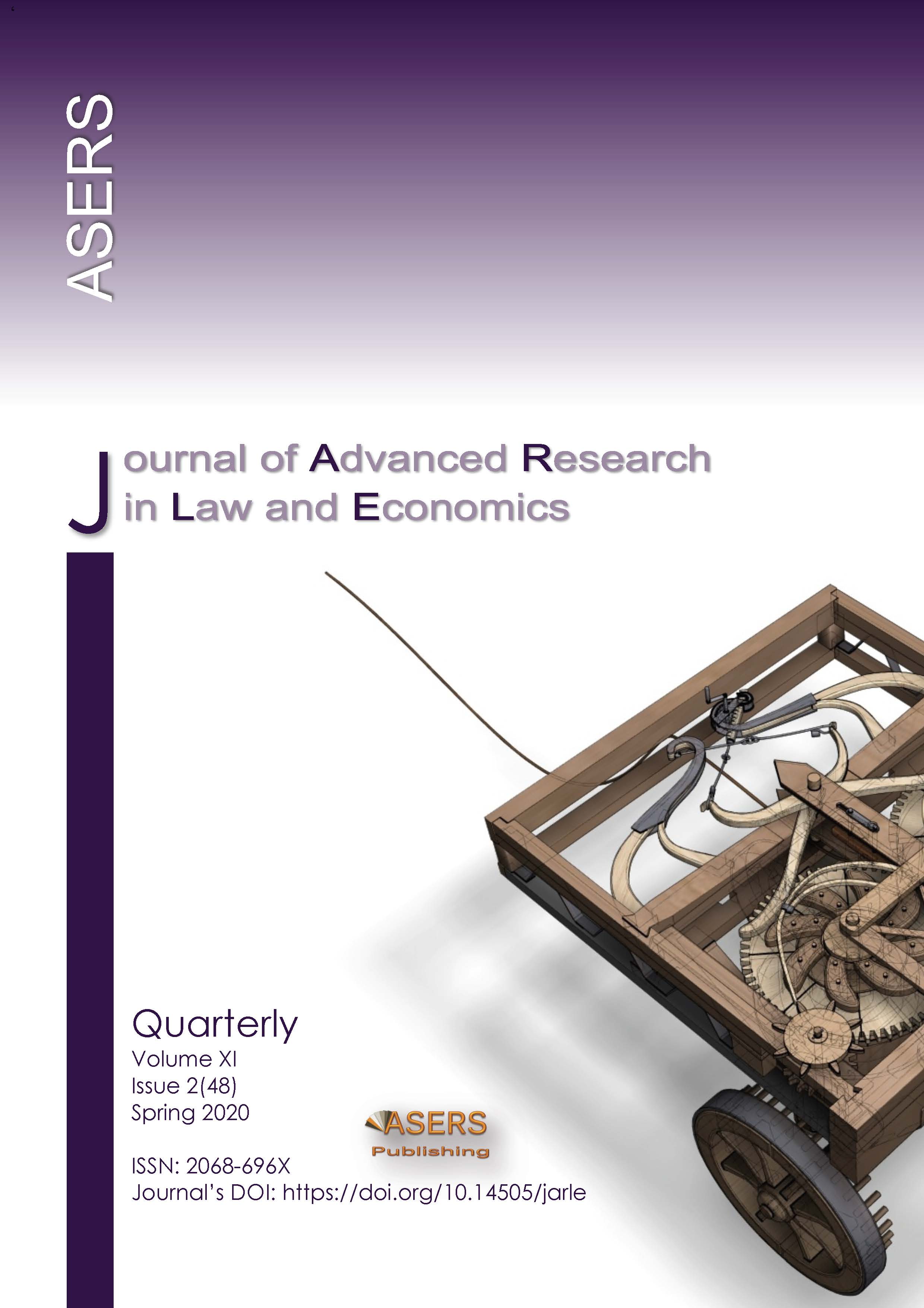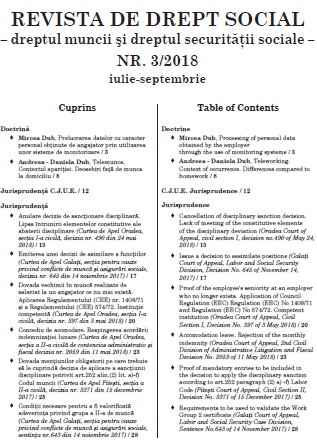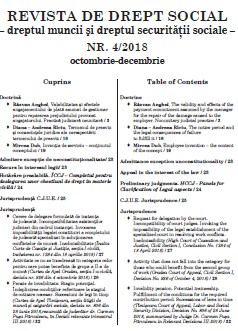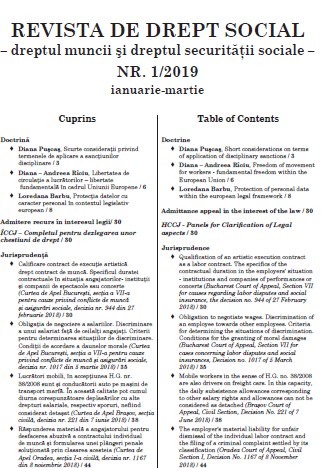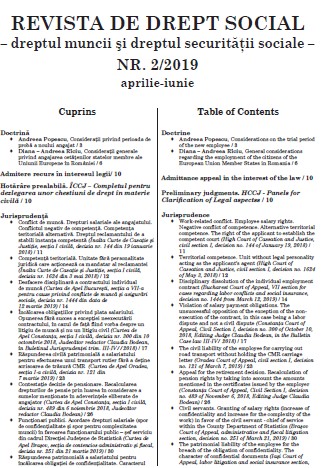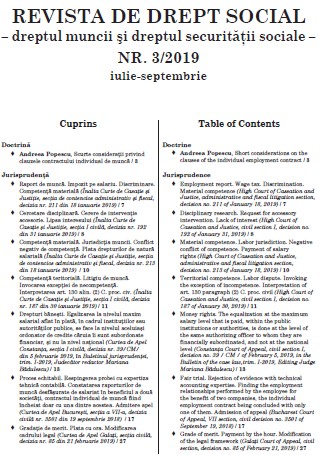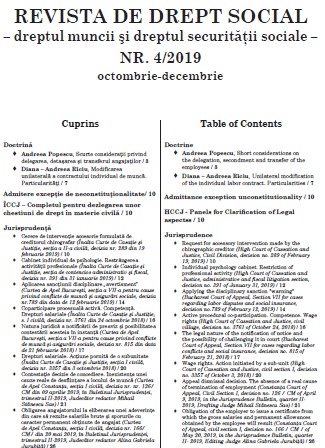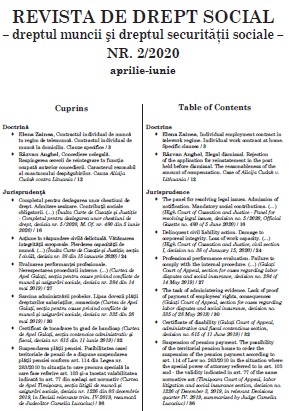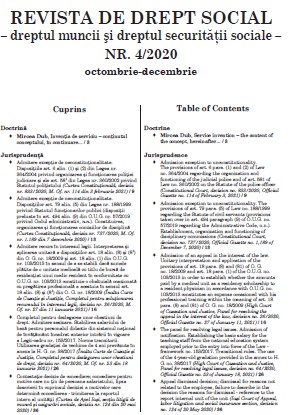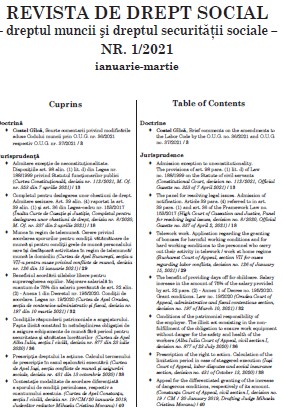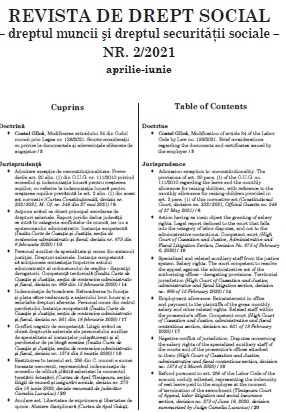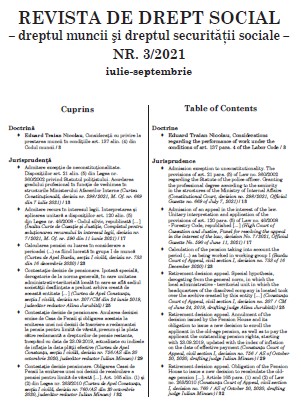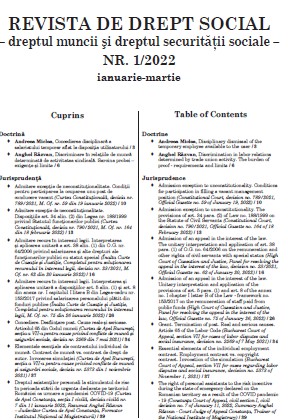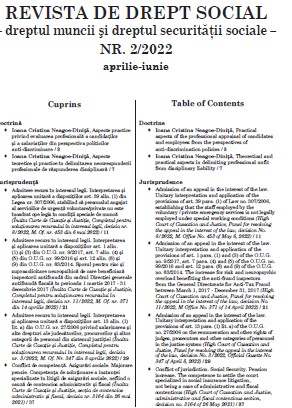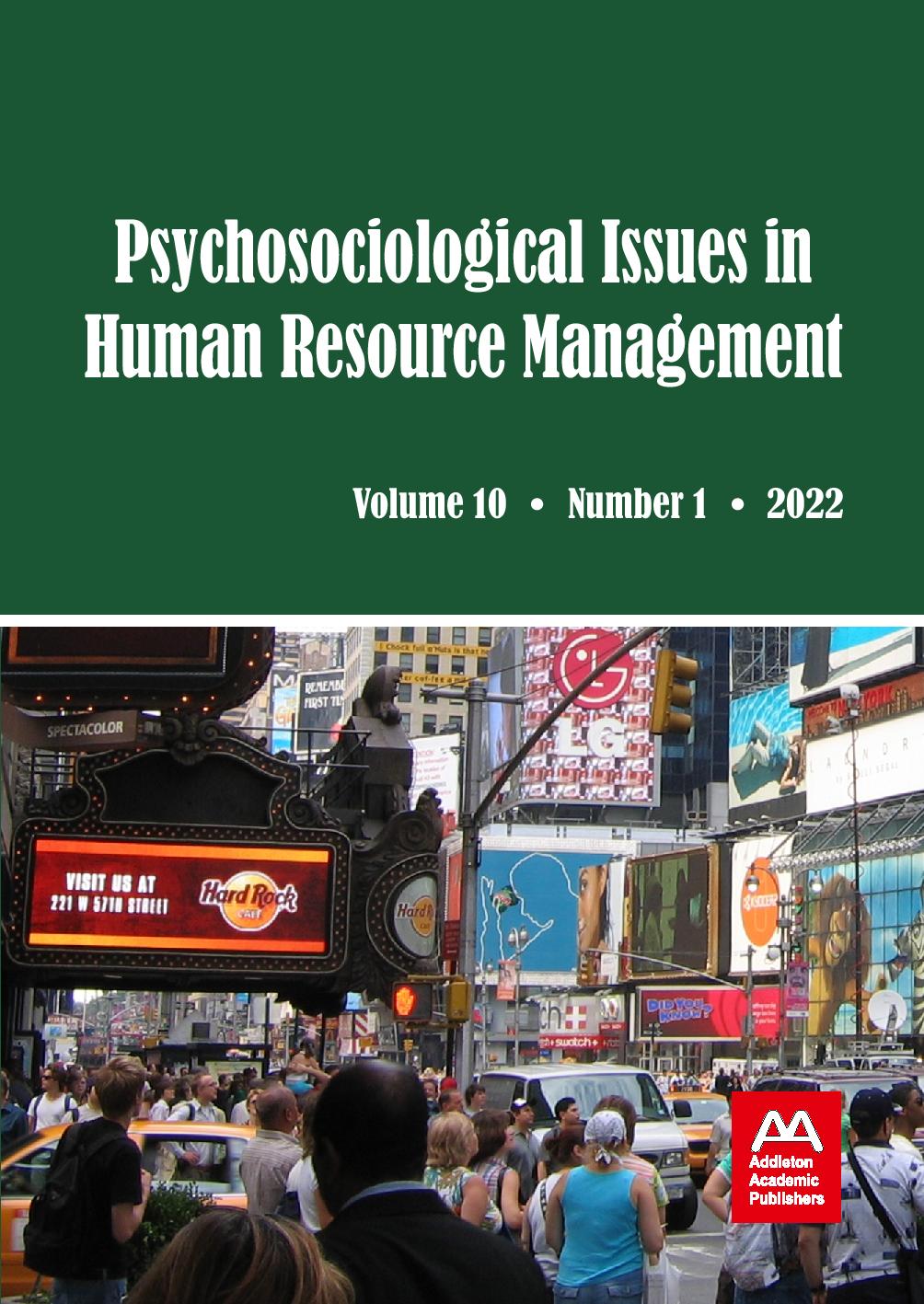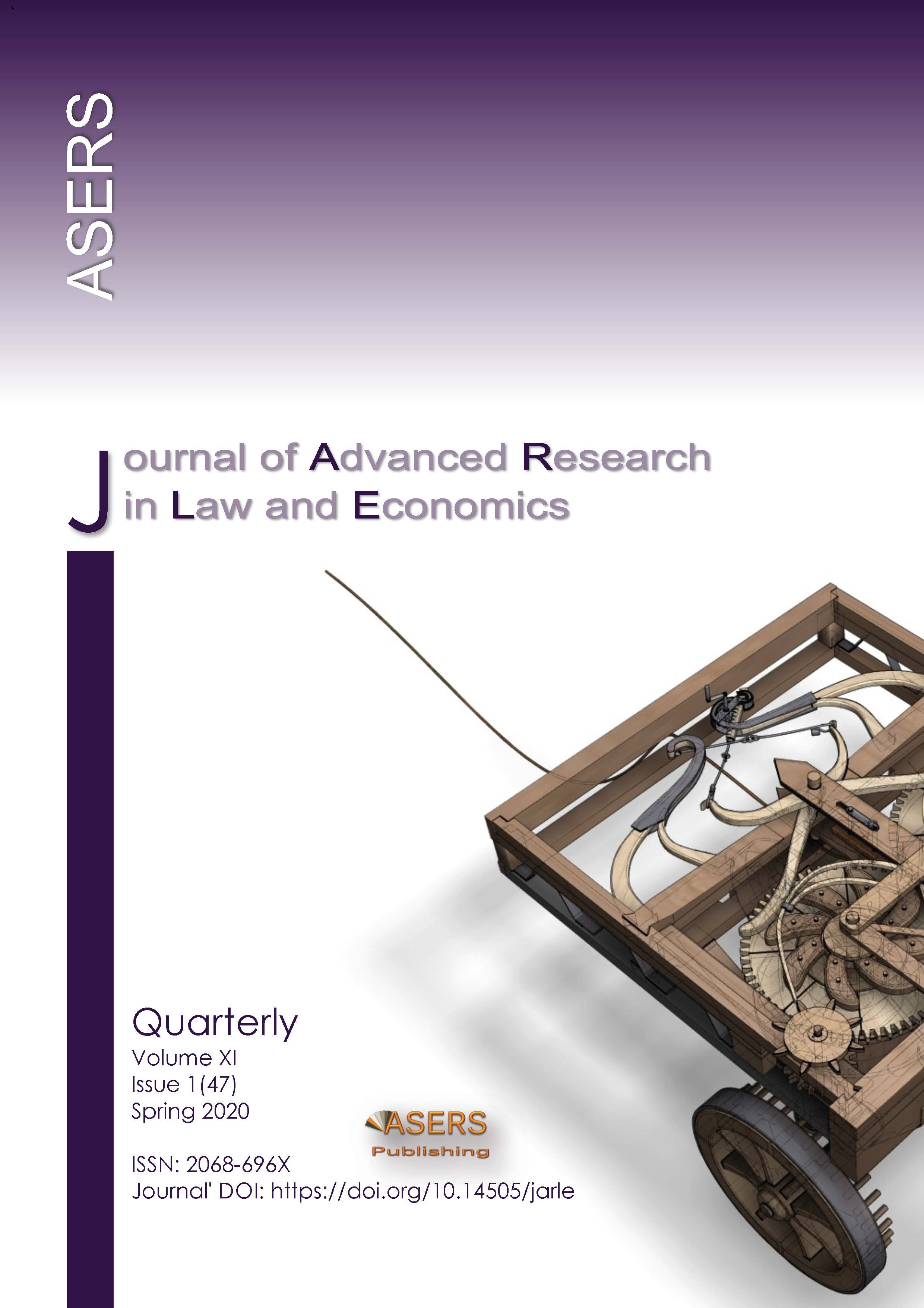
Sovereign Rights of the State and the Scope of their Implementation in the Context of Development of the International Human Rights Law
In the contemporary science of international law, the state sovereignty issue lacks adequate treatment. In particular, the list and essence of sovereign rights and duties of the state are not defined, although these are referred to in some international legal instruments and resolutions of international courts and arbitrations. In addition, particular circumstances are being under development, which require if not precise outlining of the catalogue of fundamental rights of states, then at least determining the essence of some of these rights and the scope of their implementation. It goes about developing the practice to limit specific sovereign rights of the state to ensure the implementation of human rights (notably, the ones not directly related to the respective rights of the state). In this very way, the state is limited in its right to determine its own immigration policy. The fact is that the European Court of Human Rights (ECtHR) has ruled in some of its judgments that by implementing this right, the state violates the right to respect for private and family life provided for by the Convention for the Protection of Human Rights and Fundamental Freedoms 1950 (ECHR). This resulted in ECtHR`s practice to be somewhat considered in the draft articles on the expulsion of aliens elaborated by the International Law Commission (ILC) in 2014. The examples from ECtHR`s practice analyzed in this paper provide the basis for the conclusion that the development of the International Human Rights Law is gradually narrowing the scope of the internal sovereign rights of the state.
More...
